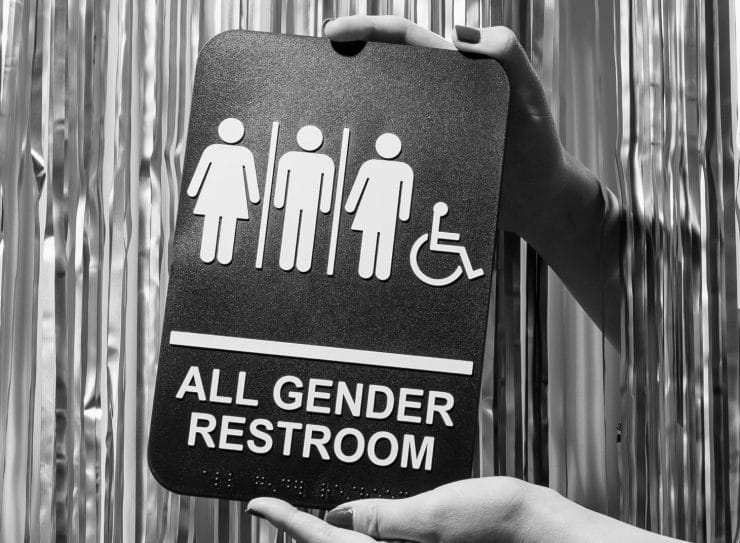Being one of the countries known for the most complex political system and hybrid governmental structures, having three Presidents, two entities and one autonomous district, within three ethnic groups. Bosnia and Herzegovina is a never-ending inspiration for the analysis of socio-political matters like this one. Even though it is still characterized by massive corruption, ruling elites, nepotism and fragmented society, it has shown some of the examples of best practices within gender equality in comparison to other SEE countries, in regards to gender law mechanisms and their protection.[3] The issue of gender (in)equality is deeply rooted in other socio-cultural dimension of BiH’s society and is, by many researchers, in the period of stagnation. Considering the great number of international Conventions, national laws applied furthermore on the entities and cantons, with the introduction of quota system a lot has changed. Based on the Human Development Report 2020 and Gender Inequality Index, Bosnia and Herzegovina is ranked as 38th out 162 countries, being close to other EU member states such as Lithuania.[4]
